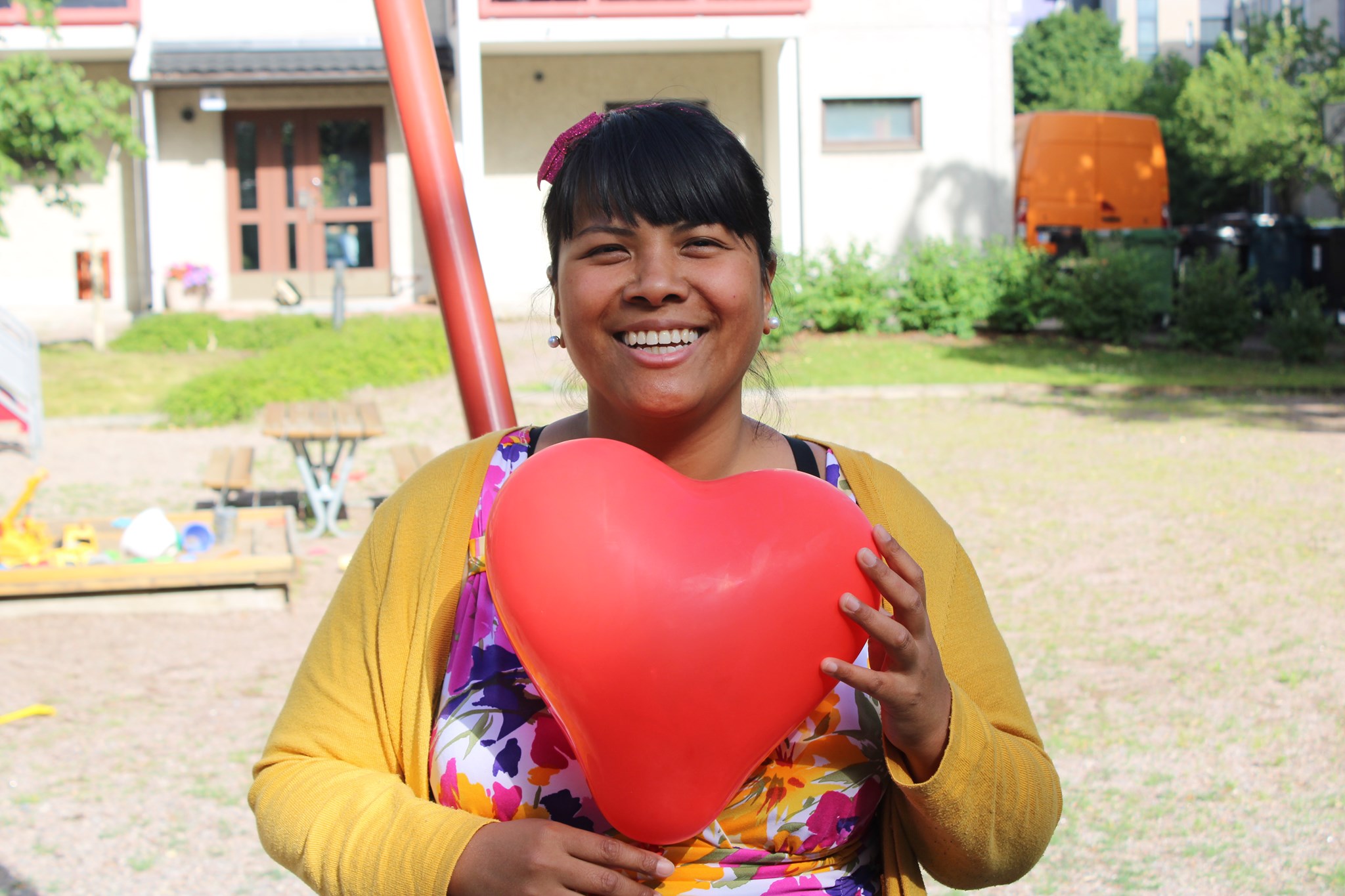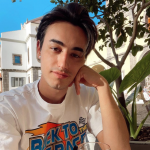Immigration has become a hot topic in recent months. But thus far, the discussion has largely centered around foreigners that choose to come to Singapore. But what about the other side of the picture? In this ‘Singaporeans Abroad’ series, we share with you the stories of locals who—thanks to living in a globalised world—have found success in different corners of the globe, whether financially, romantically, or for the pure joy of adventure.
We kicked off the series with Wendy, the Singaporean woman who manages Hollywood’s biggest stars, followed by Jasmine, the Singaporean woman who was friends with Pablo Escobar’s drug dealer and Wesley, the Singaporean Man Who Owns A 200-Acre Sheep Farm In Canada.
Now, we bring you Mariana Ahmad, the Singaporean woman who gave up her successful media career to live in rural villages with no running water or toilet paper. This story is told from her perspective.
I grew up with very kiasu but practical parents, so when I told them I wanted to do a diploma in film, sound, and video, they were worried about my career. But I pursued it in poly, and went on to do a degree in Media Studies in Melbourne after that. Eventually, I proved to my parents that I could succeed in media—I worked as a producer and director at Mediacorp, was a production assistant at Discovery, and worked in the film classification department at MDA.
While I was in my twenties and gaining success, I couldn’t shake off the itch to travel. Working in Singapore means only getting two weeks off a year, which isn’t enough to explore anywhere. I was planning to get a working holiday visa in the UK, but I kept procrastinating because of my good job at Mediacorp. When I turned 28, they cancelled the working visa in the UK. I was so disappointed in myself for missing out on it.
ADVERTISEMENT
As I got closer to 30, I realised I was at the age where I had no one but myself to blame for not going out there to try new experiences and perspectives. I knew if I waited any longer I would never take the leap.
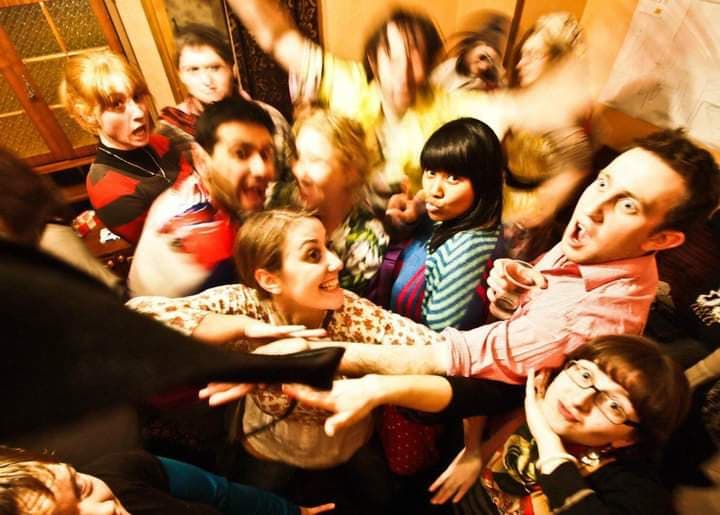
First, I tried to plan a volunteer experience on a farm in the UK, but I didn’t have the right visa so I was sent back to Singapore the moment I landed there. After that experience, I was so careful about knowing which countries had different visa restrictions—so in that case, that the UK wasn’t part of the Schenged agreement. Now, I always have an itinerary ready and a return ticket when I enter the UK.
In Singapore, I went to work again for about 2 months, saved up, and then went to Spain. That’s where the real journey started.
In Spain, I was helping a man who was building a restaurant in a cellar. I helped him collect recycled material to build the cellar in exchange for accommodation and food, then spent about 6 months living in different farms and hostels in Spain, France, and Ireland. In Ireland, I worked on a dairy farm. That was so interesting because in Singapore we don’t have any farms that come close to that scale.
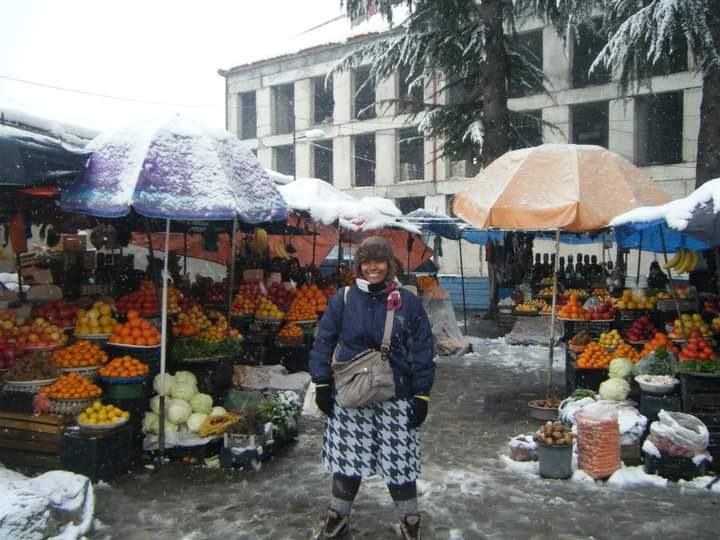
In these places, I learned to relax for the first time in my life. I enjoyed foraging, recycling, and even went dumpster diving. All these things are so different from what you would do in a city. Singapore is fast-paced and people are worried about appearances—they like to show off the material things they have.
When I meet Singaporeans overseas, some are still the same. They ask what kind of house I live in, if I own it, what my husband does, if we have a summer home. But there’s no need to compare.
As I learned to let go of all these things, I decided to take my travels to the next level. After that journey, I looked to move somewhere off the beaten path. Singaporeans love to travel to the usual places: London, New York, Tokyo—I wanted something new. So I moved to Georgia, a country on the intersect between Europe and Asia, for a year to be a volunteer teacher.
We take a lot for granted in Singapore. In Gurjaani, the village where I lived, there was no running water, no one to clean up your trash after you, no coffee shop with food just downstairs from where you live. The toilet was an outhouse—a hole in the ground, and we wiped with newspaper or magazine pages because people there couldn’t afford toilet paper.
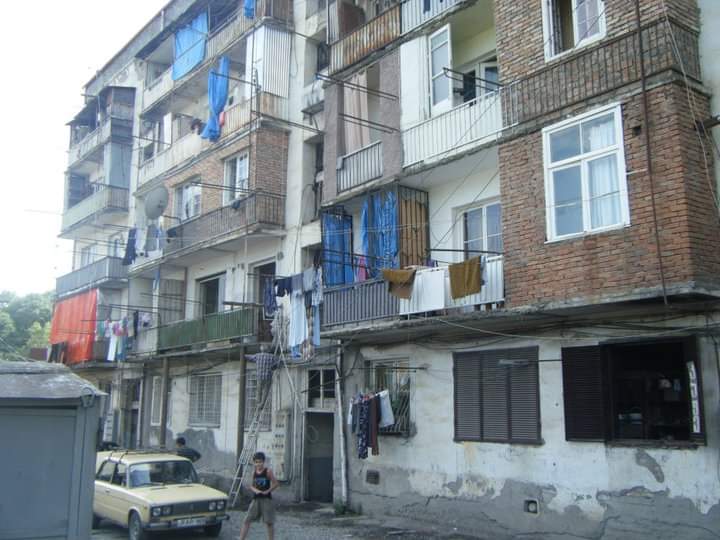
These changes were hard to adjust to, but there were so many amazing aspects of the lifestyle there.
For example, the locals grew everything themselves, which allowed me to change my relationship with food entirely. We ate such natural vegetables, and the chickens were running around. I learned to understand the value of food, and see what the process is behind it. We wouldn’t eat meat often—only on special occasions like weddings or birthdays—because you literally need to wait for an animal to be raised every time.
We don’t have many farms in Singapore, so I never knew what went into growing what we eat. Abroad, I got to see cows and understand the process of getting milk. I saw how potatoes were dug out, and what happens when there is bad weather. The family I lived with had an apple and peach farm, and when there was a hailstorm they cried because they were afraid for their crops. For them, there was no plan B. Their crops were all they had.
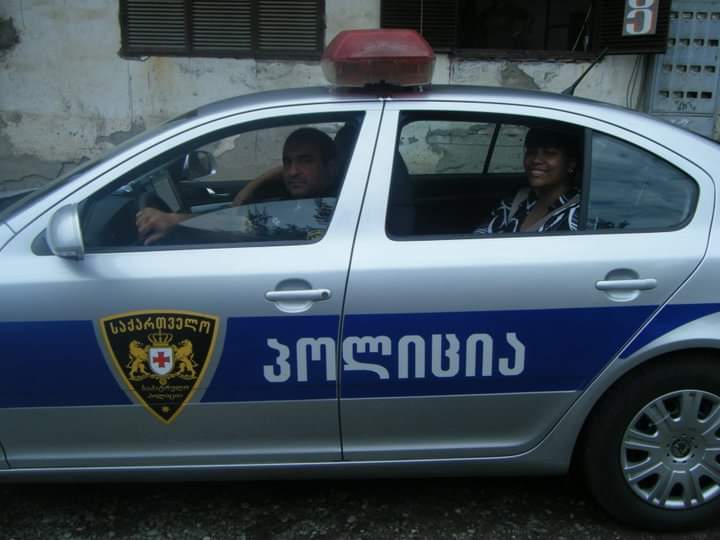
After my time in Georgia was up, I moved to Istanbul, Turkey, where I was an English teacher for 6 years. Life there was very different as well. While it was a city, we often experienced power outages and water rationing. I learned to roll with it, which took some time because in Singapore we’re not taught how to rough these things out. It’s all about comfort and having it easy, but my experience proves that difficult times build character.
Since leaving, I have survived on less money than I was used to, and I feel happier. There’s more freedom to express myself and be myself. Maybe it’s just in my head, but I realized I don’t need much to be happy.
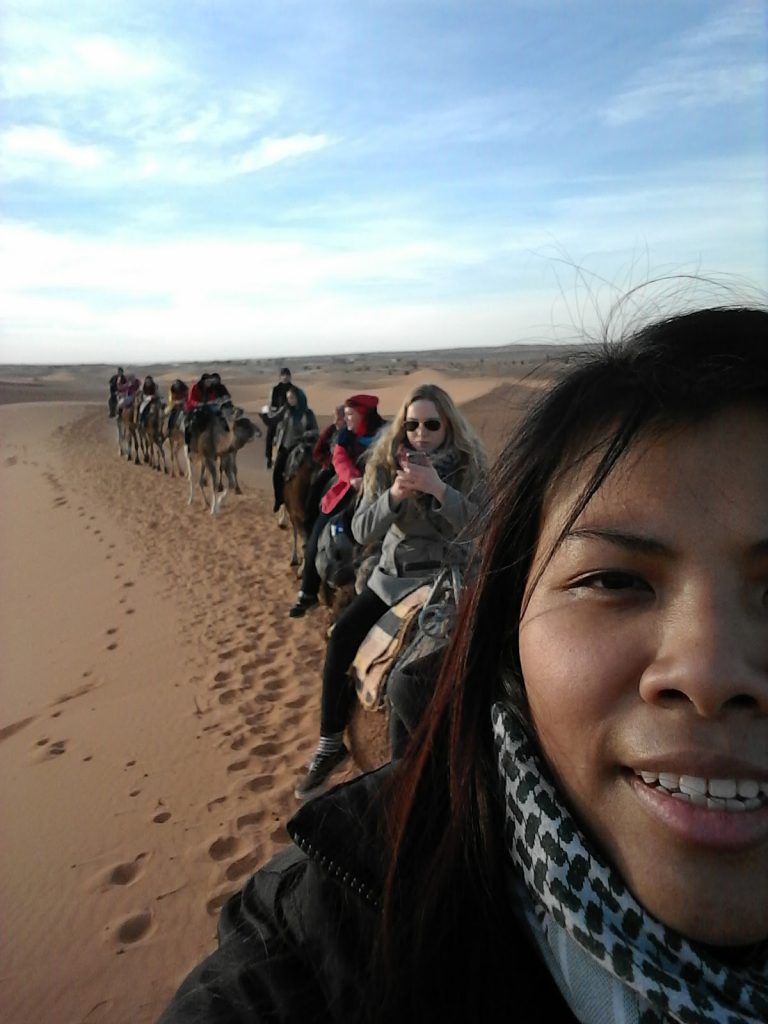
Many Singaporeans I meet abroad have come to the same realizations, but some have not. In my first two years in Turkey I didn’t bother seeking out other Singaporeans, but after some time I wanted to meet people who understood what I was going through and who spoke my language. Many Singaporeans I’ve met abroad have started families, and in my experience, there are two kinds.
The first wants to be very rooted and wants their children to know exactly where they are from—so they teach them English and their mother tongue, and regularly bring them to Singapore.
The second is the opposite, and they just want to forget. They completely take up the new culture they are in. I met a Chinese-Singaporean in Turkey, and her kid only speaks to her in Turkish. The kid doesn’t even know how to speak in English. It was strange because she was not with her Turkish husband anymore, but she still wanted her kid to take on that identity entirely.
Eventually I grew tired of the hustle and bustle of Istanbul, so I moved to Helsinki with my husband—where I live now. In Finland, people are quiet, introverted, and really value privacy. In Turkey, it was the opposite. People come up to you and ask you all sorts of questions.
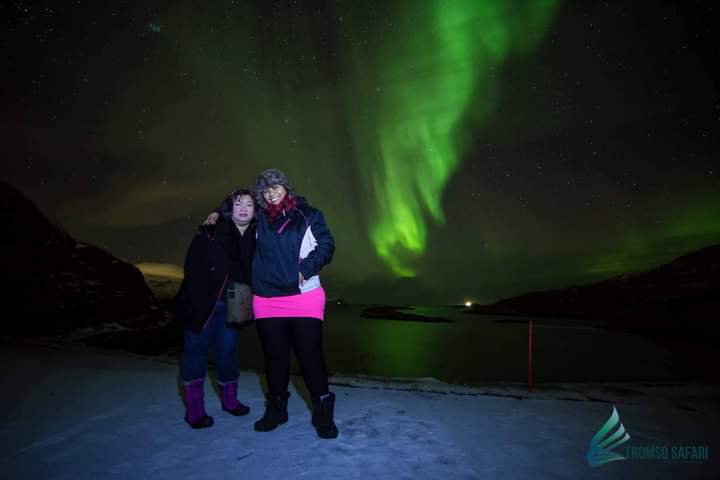
I’m loving nature here, and above all, everyone minds their own bloody business—which is great. After 6 years in Turkey, where I was constantly approached by strangers when I was out, I’m glad that it’s peaceful here. My life is a lot simpler, but i’m happy.
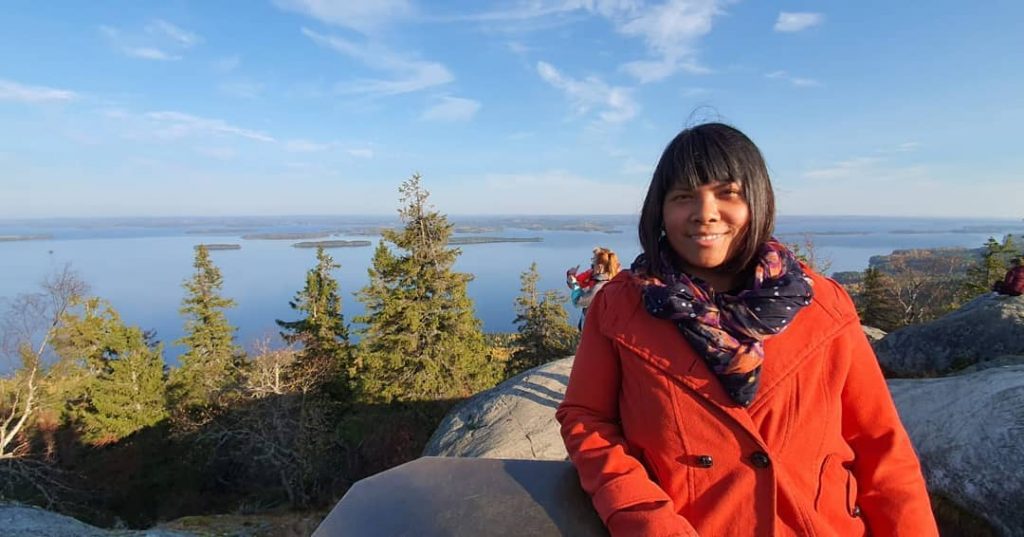
Still, there’s no denying I remain a true Singaporean at heart. The kiasuism and the tendency to complain has never left, and when I catch myself doing it I try to stop—but it’s a lost battle. I love freebies and a good bargain. Before Covid struck, I used to go to recruitment events for the free pens and stationery. I also have a Thai friend that comes with me to different events and gatherings for free food and yes—some kind of networking.
I think my stepdaughter is learning it too. One day she came back from a metal industry exhibition with a ton of freebies—hats, magnets, bags, lanyards and pizza. She’s only 10 years old … but I was proud. It’s the one trait I’ll shamelessly pass on.
Looking back, If I had stayed in Singapore, there would have always been that part of me that would have wondered, “What if?”. I just had to go and find out what was out there in the world. In terms of my professional life, I might have been really high ranking in the TV industry by now, but mentally or emotionally, I wouldn’t have achieved all that I have.

